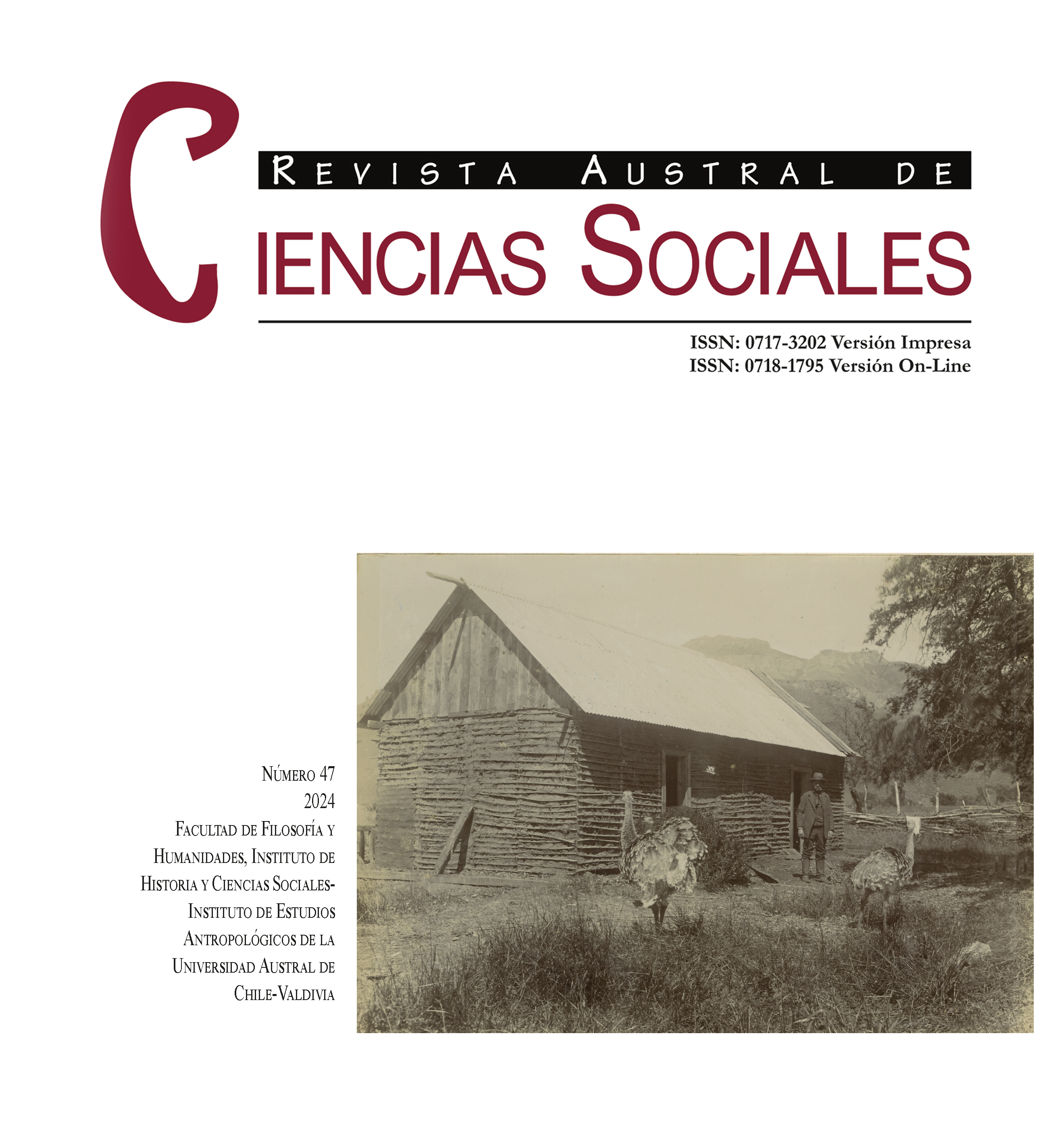Memory narratives and youth representations. The case of Secondary actors in the chilean transitional context
Main Article Content
Abstract
We analyze the youth representations constructed by the narration of Actores secundarios, a film about the experience of the high school students’ movement that fought against Pinochet in Chile during the 1980s, and the subsequent evolution of its members and society. Methodologically, the analysis proceeds to the genealogical reconstruction of a youth mediatized by cinematographic representation, considering the conditions of possibility that such discourse had at the time of its production. Problematizing power relations and disputes over memory and equality, of which the film’s narrative participates in the sociohistorical context of the transition to democracy, the analysis concludes that: the film recounts a chapter of the country’s recent collective history, rescuing the voices of a generation marked in its youth by violence and political exclusion. It also warns of the heterotopic character of the film and its performative effects on the political subjectivation of new generations of high school students, indicating some theoretical consequences for the social sciences.


 https://orcid.org/0000-0003-0161-025X
https://orcid.org/0000-0003-0161-025X